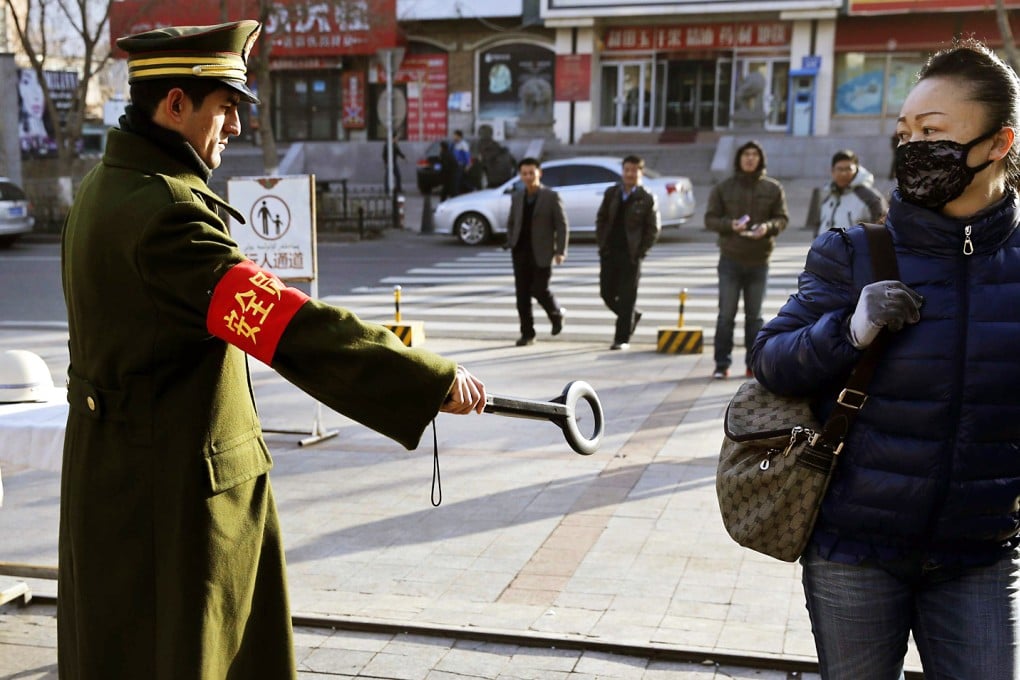Sharp increase in China state security arrests: rights group

China arrested more than 1,000 people last year for “endangering state security” (ESS) according to the official China Law Yearbook, a human rights watch group said.
State statistics show 1,105 people, up 19 per cent from the previous year, were arrested and almost the same amount of people were indicted of ESS crimes last year, said Dui Hua, a US-based charity, on its online blog Human Rights Journal.
ESS crimes were introduced by the State Security Law in 1993, replacing “counter-revolutionary” crimes. There are 12 ESS crimes under the Criminal Law, including treason, subversion and “splittism” (attempts to advocate independence for regions of China), punishable by up to the death penalty.
Amid the increases in arrests and indictments, there were 14 per cent fewer first-instance ESS cases received by Chinese courts according to the Yearbook, as each case now involves more people, Dui Hua said.
Dui Hua cited the official China Law Yearbook for this year as saying that the rise was part of an effort to “fight the crimes of splittism, subversion, terrorism” and to “consolidate the party’s ruling position, and defend the socialist regime”.
The group estimated that ethnically-divided region of Xinjiang, home to the predominantly Muslim Uygur minority, accounted for 75 per cent of the ESS trials last year, down from 86 per cent in 2011, but it did not believe the decrease in the number of trials corresponded to a decrease in the number of people arrested or indicted. Xinjiang’s high court said 314 ESS trials were concluded in the autonomous region last year.
Dui Hua also pointed out in its report that while Han Chinese are usually charged with subversion or inciting subversion, ethnic minorities tend to receive charges related to “splittism” or leaking state secrets. Several ethnic Tibetans accused of being involved in pro-independence or self-immolation protests were convicted of such charges last year, it added.